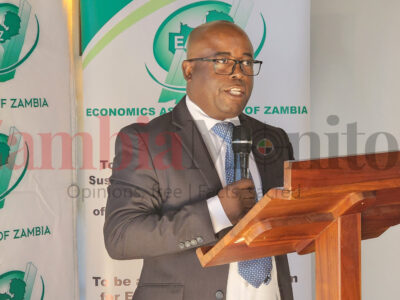Zambian honey has hit the United Kingdom (UK)’s supermarket shelves with Community Markets for Conservation (COMACO) exporting 10 tonnes of the commodity into that country.
The institution plans to triple its quantities of honey from the current 10 tonnes to about 30 tonnes into the UK.
This, COMACO Chipata hub manager Smith Kapeya, said would be done by scaling up honey production and investing more into beehives.
In addition, Kapeya said next month they would start exporting It’s Wild products such as rice, rice flour, soya pieces and peanut butter into South Africa.

He explained in an interview on Friday that previously they had done some exports of raw materials into South Africa but this year COMACO would be sending in finished products.
“We are now looking at our export market of its wild products. Currently we are exporting honey to UK and we are now starting to export peanut butter, rice, rice flour and soya pieces and other products into South Africa
“So we had done some exports last year which were just raw materials into South Africa,” Kapeya said.
He explained that by exporting both into the regional and UK markets, COMACO was trying to reward the farmers with better prices.
“The extra that we have we are trying to reward our farmers with better prices and there other players of honey on the local market and we are restricted in the number of honey we can sale.
“But when we talk of export we will be able to get more value per unit which translate into us giving better prices for our farmers,” Kapeya said.
With the other product, he said they will be doing shipment next month and are working with an organisation in South Africa, which has over 250 outlets.
Kapeya said this presents a very good platform for COMACO and was excited about its achievement.
He said this entails that COMACO would have the capacity to recruit more farmers on this programme of conserving wildlife and natural resources, thereby creating wealth for the rural communities.
Kapeya said they are working with over 230,000 farmers across the country.
He pointed out that 95 percent of its products are sold locally, stating that the demand was quiet good.












Comments